Azerbaijani Horses: History, Grace, Freedom's Spirit 2025
The Equestrian Heritage of Azerbaijan

In Azerbaijan, the horse is far more than just a
means of transport or a domesticated animal. It is a symbol. It is heritage. It is a graceful silhouette against the backdrop of the setting sun over the mountains — and at the same time, an invisible thread that links ancient tribes to the modern nation.
The history of horses in Azerbaijan runs deep — stretching back thousands of years. Archaeologists have found evidence of their presence as far back as the Bronze Age. In the petroglyphs of Gobustan, horses appear often — in harness, in hunting scenes, even in ritual depictions. Even then, they were not just companions in labor, but part of life itself.
Across the centuries, the horse has accompanied every soul who lived on this land. From herders to warriors, from shahs to poets. In the Azerbaijani epic Kitabi Dede Gorgud — one of the oldest literary monuments of the Turkic world — horses are portrayed with particular reverence.
They are more than mounts; they are the heroes’ companions, bearers of fate, living beings with their own character and dignity.
One breed holds a special place in this story — the Karabakh horse. Proud, elegant, enduring. Its lineage stretches back centuries, and its appearance is striking: a noble posture, silky coat, eyes that seem to reflect something almost human. These horses are born of the mountains — accustomed to steep paths, sudden winds, rugged terrain. It’s no surprise the locals cherished them not just for labor, but also for celebration, competition, and song.

Traditions That Echo with Hooves
If you listen carefully to Azerbaijani culture, you can almost hear the echo of hooves within it. Horses appear in dance, in music, in tales passed down through generations. In wedding ceremonies of the last century, the groom would often arrive on horseback — proud, dignified, as if stepping straight from a page of ancient tradition.
One of the oldest and most spectacular traditions is the game of chovgan — a horseback sport and ancestor of modern polo. On open fields, to the cheers of spectators, men on horseback compete for a ball, skillfully guiding their horses. It’s a game that requires not just strength and agility, but an extraordinary connection between rider and steed. Chovgan holds such cultural importance that in 2013, it was added to UNESCO’s list of intangible cultural heritage.
The story of the Karabakh horse itself has become deeply symbolic. It is not just a breed. It is a symbol of resilience, strength, and national identity. Locals even refer to it as the "living gold of Karabakh" — for its glowing amber coat and its elegant gait.
The 20th century was difficult for this proud breed: war, loss of pastures, and the decline of horse farms took their toll. The population dwindled, and at one point the Karabakh horse teetered on the brink of extinction. But it endured. Thanks to the dedication of enthusiasts, farmers, and government-backed programs, the number of purebred horses is once again on the rise.
These horses are not just hardy — they possess a rare nobility, a quiet strength that speaks without words.
Horses Today: Between Heritage and Tourism

In the 21st century, horses have not vanished from Azerbaijani life. On the contrary — there is a quiet, steady revival. Purebred horses are once again being bred; equestrian clubs are opening; and new horseback tourism routes are being developed through some of the country’s most beautiful landscapes. More and more people — both locals and visitors — are discovering the joy of connecting with this noble animal.
Today, the horse is returning to daily life — but in a new context. No longer as a beast of burden, but as a companion in leisure, a part of ecotourism, a friend and a partner.
And most touchingly — in many places, horses are given names, just like people. They are cared for with affection. People talk to them. Because here, a horse is not a tool.
It is the soul of the land.
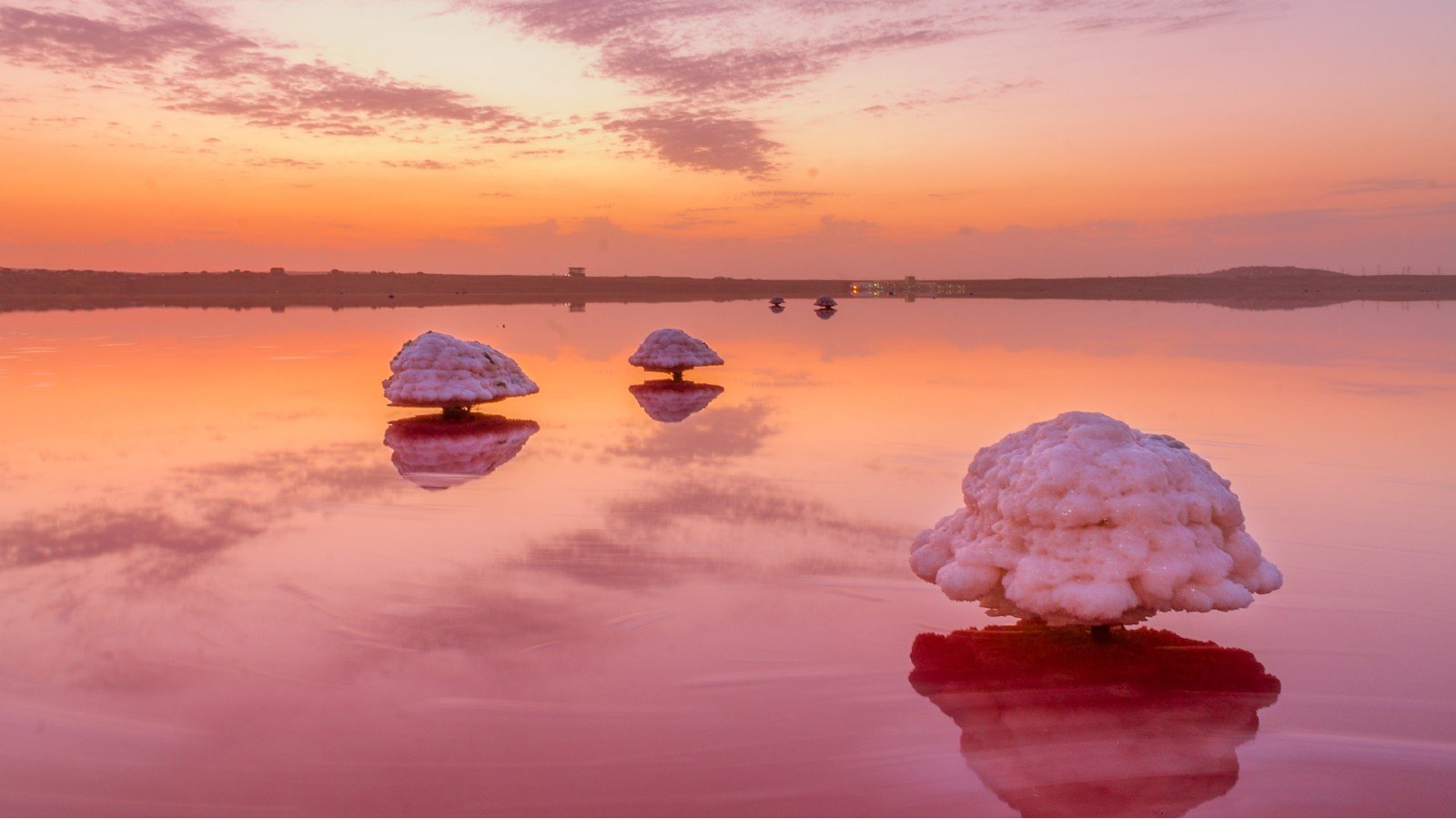
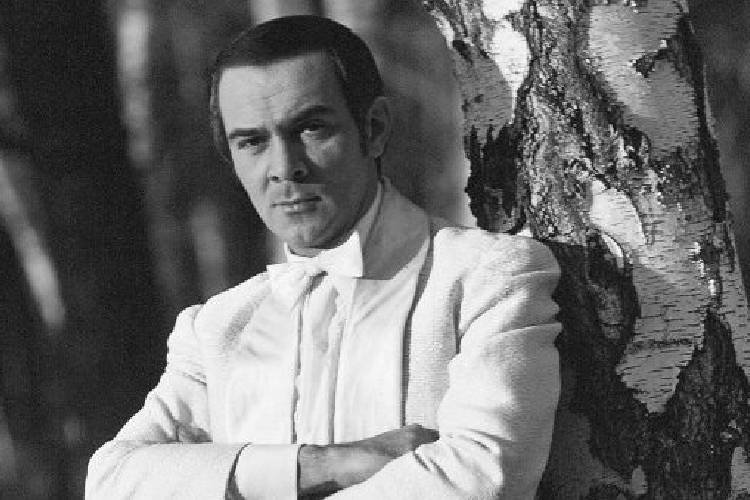
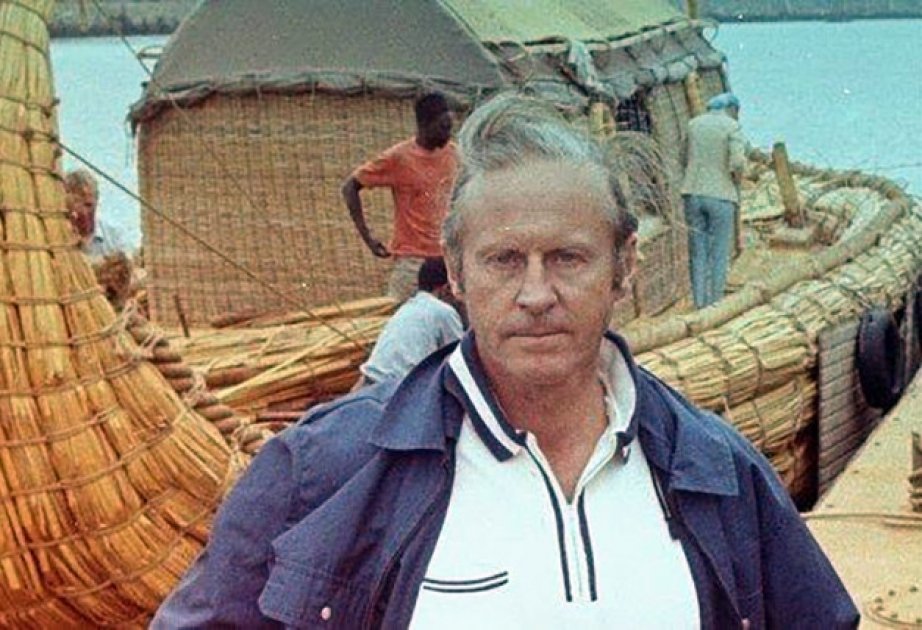
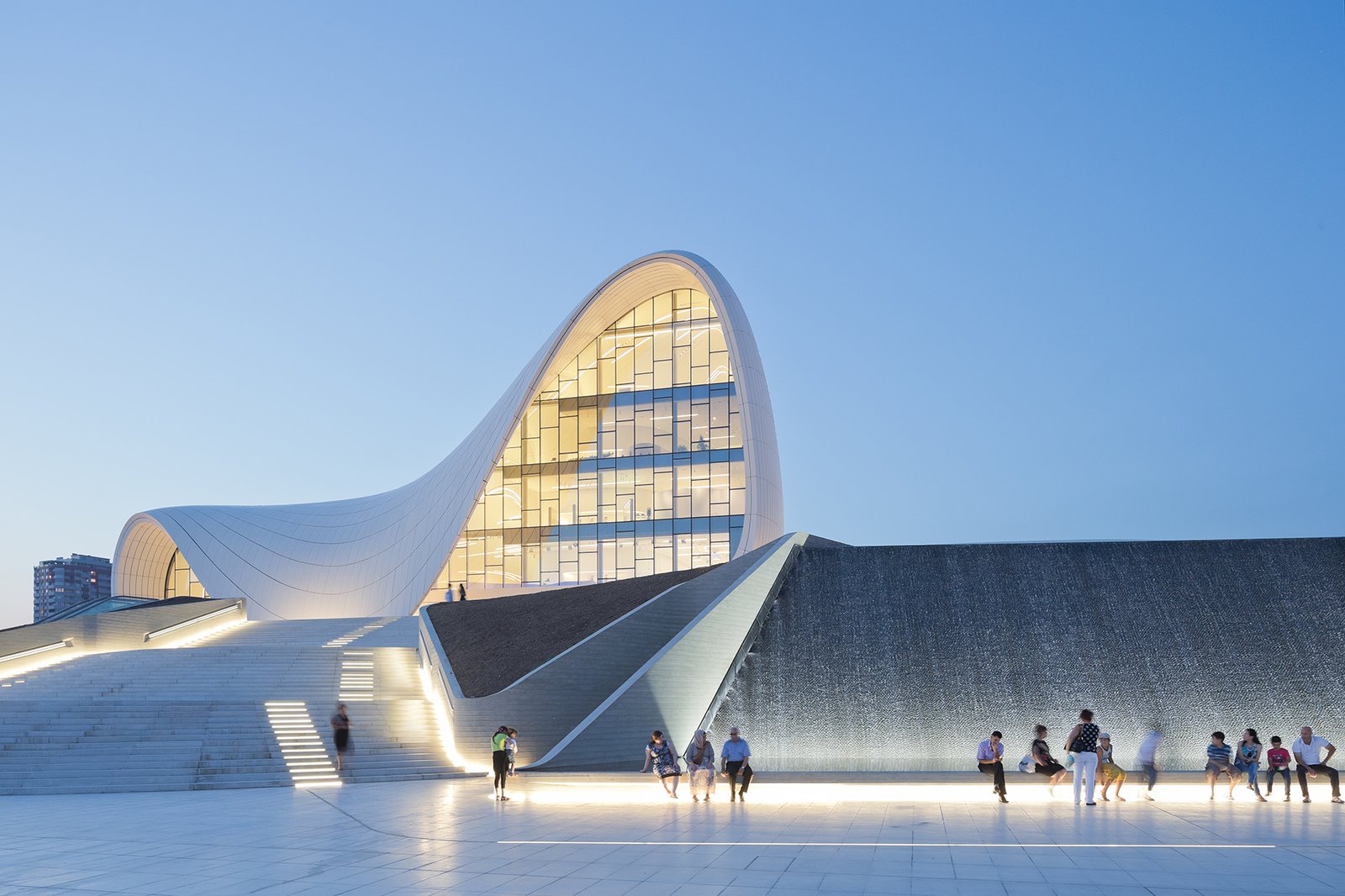
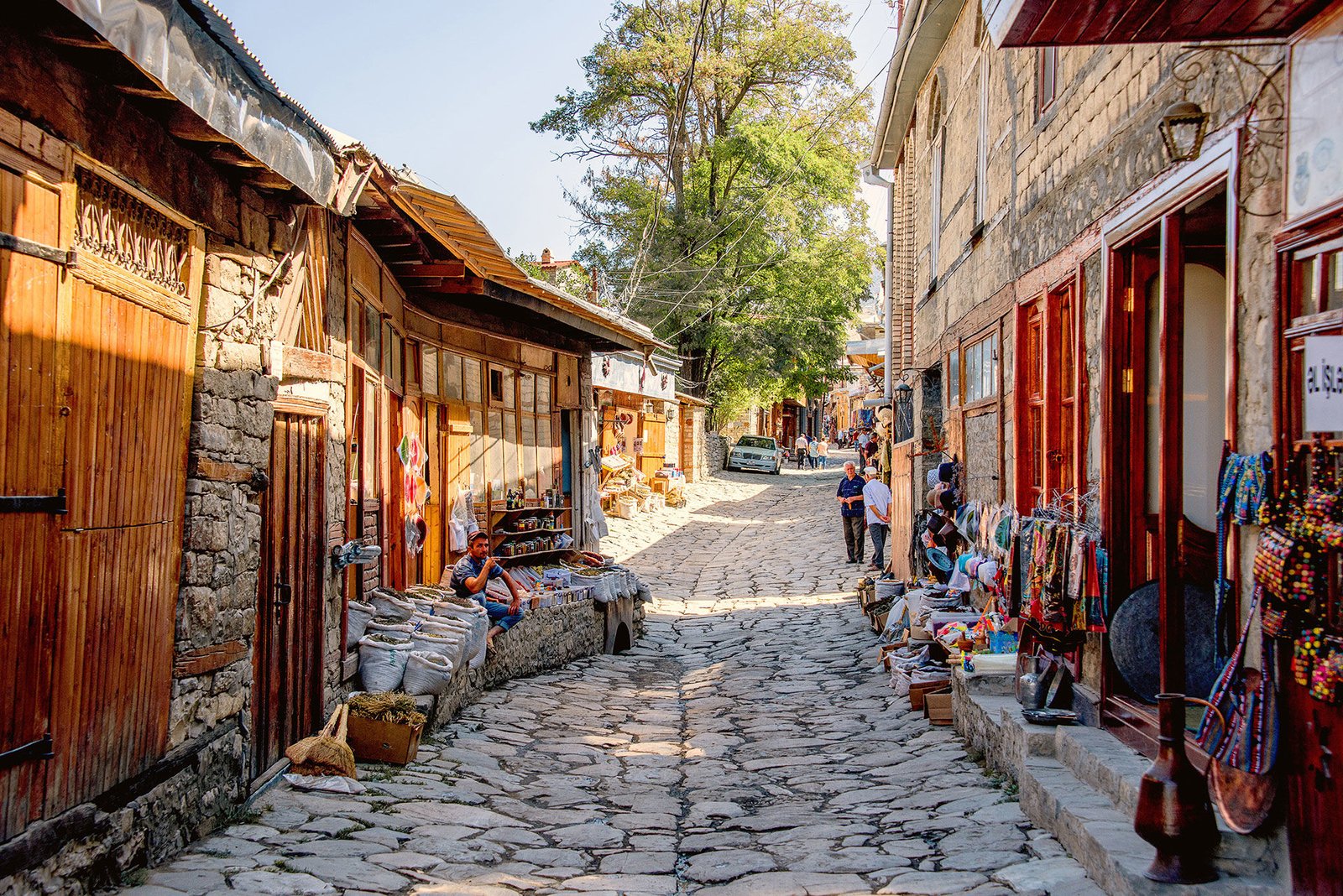
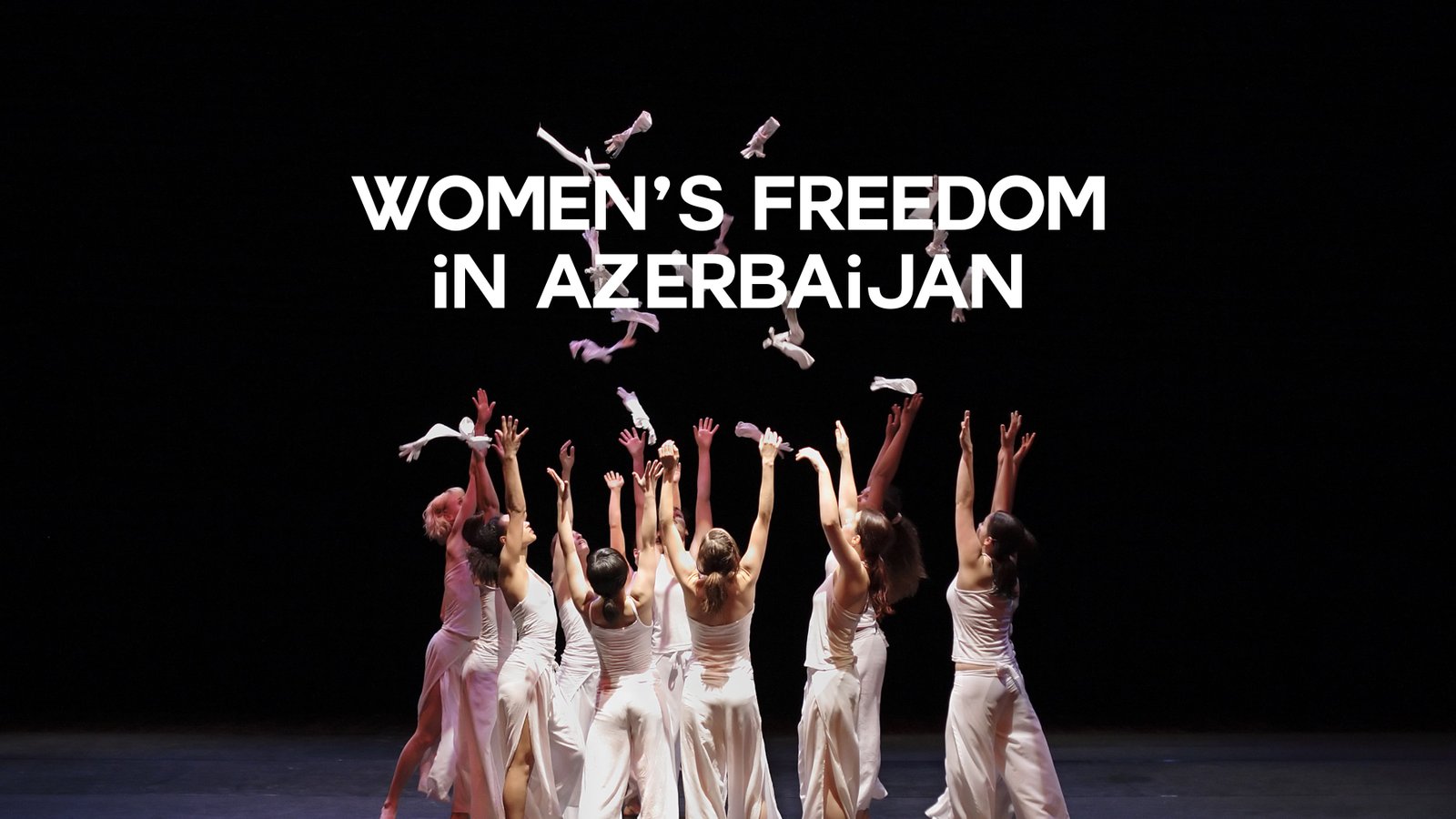

.jpg)
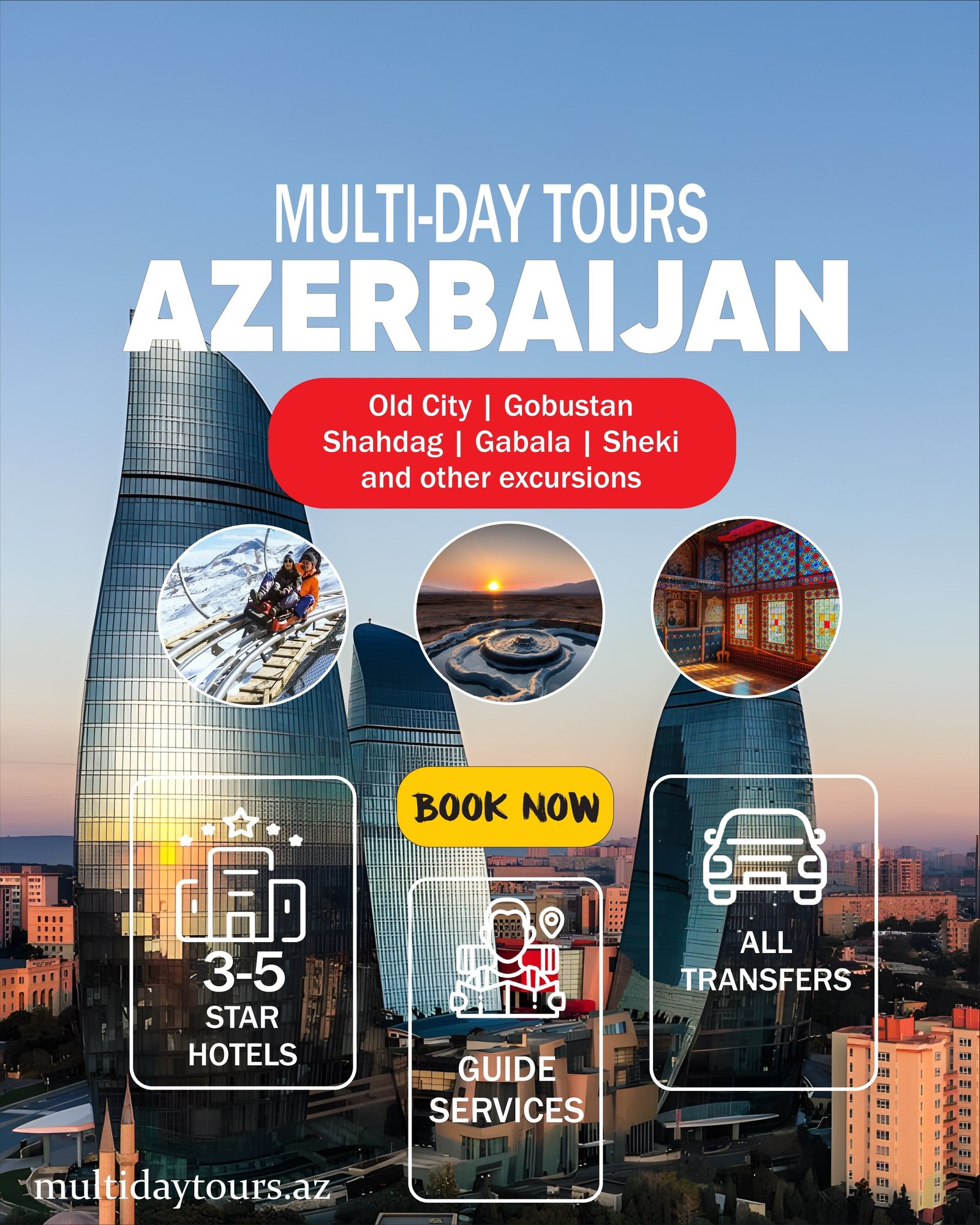
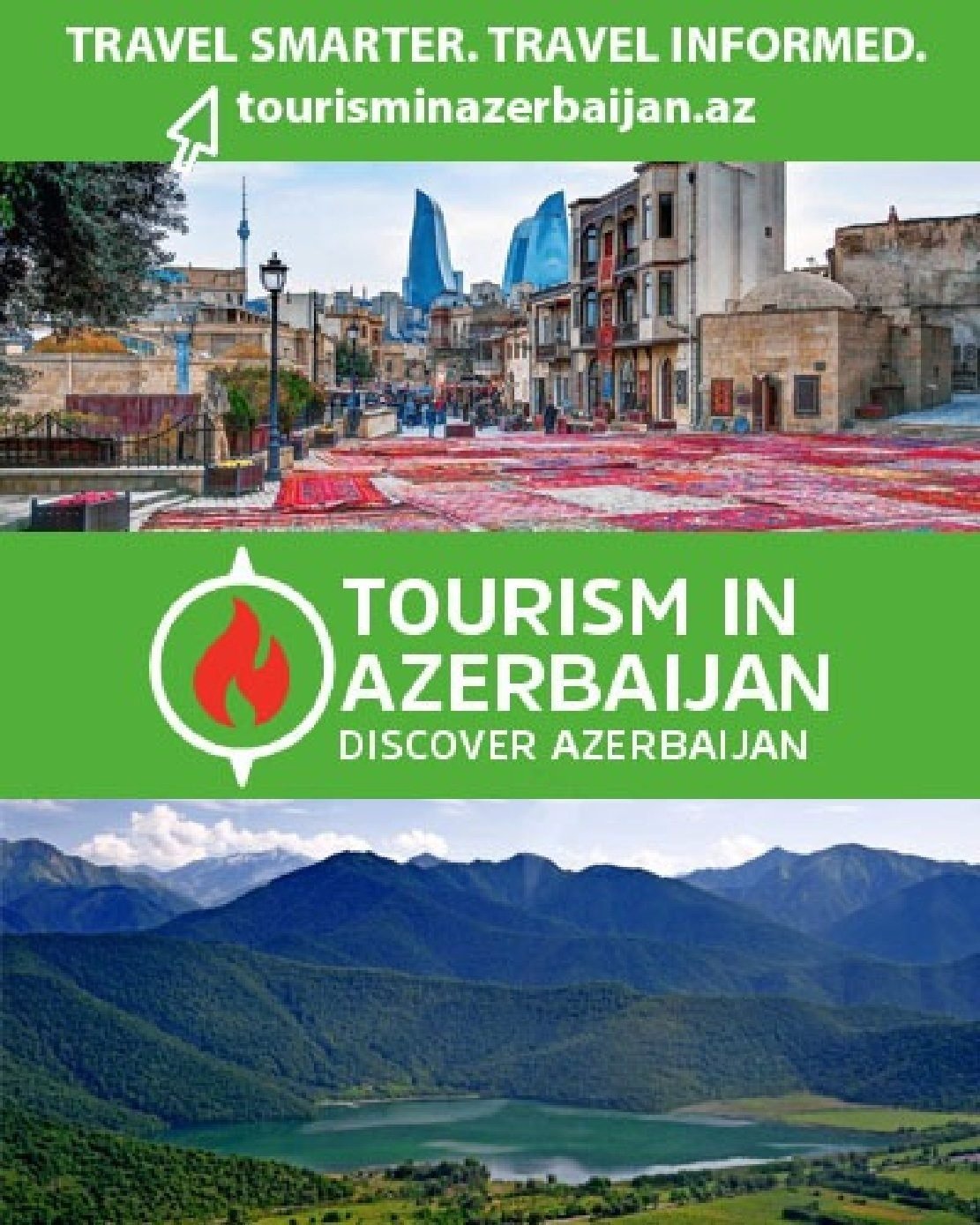


Comments
No comments yet.
Leave a Comment